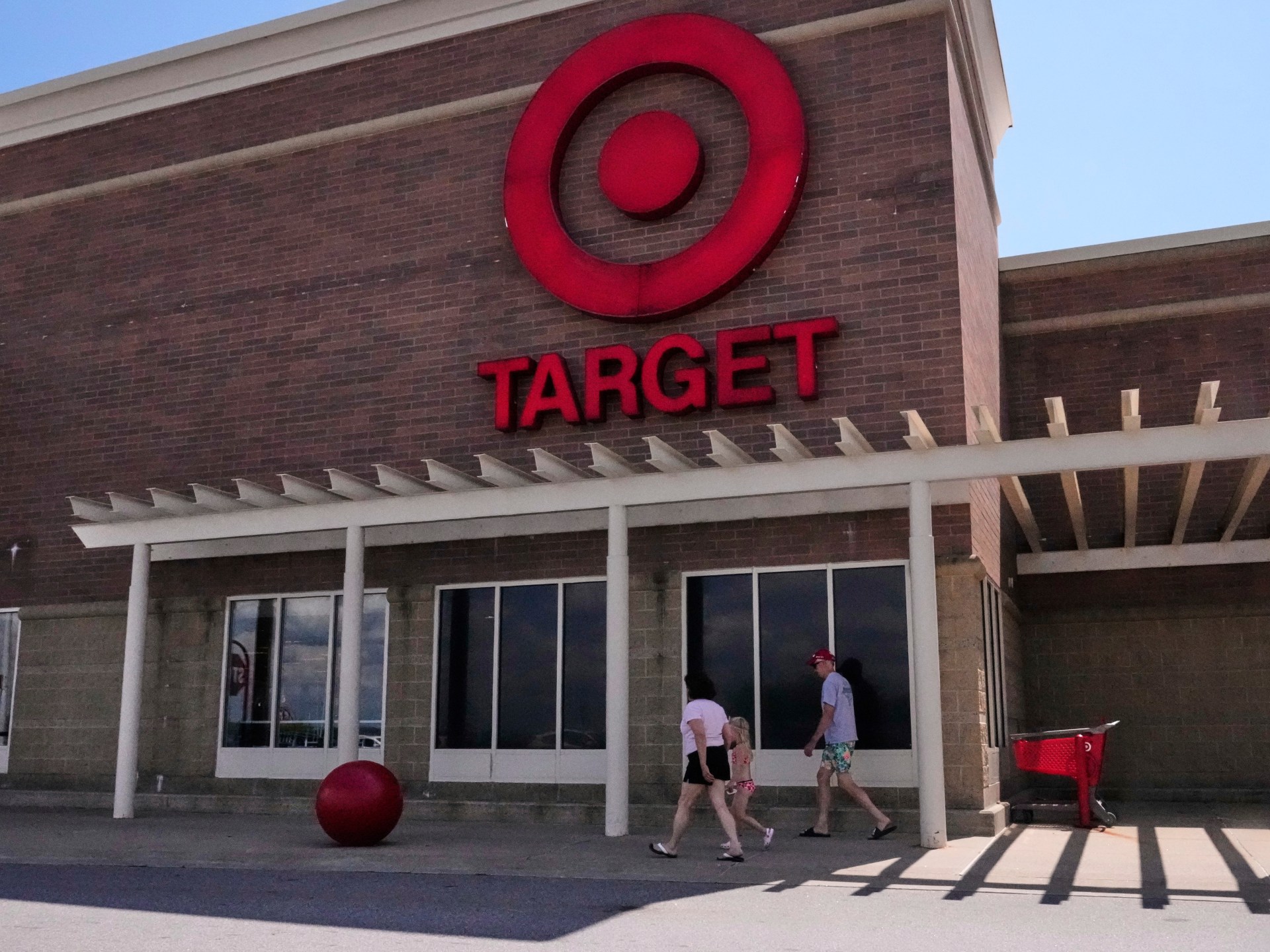In an effort to turn the struggling retailer around, Target has appointed insider Michael Fiddelke as its new CEO in response to a number of difficulties that caused its shares to fare far behind those of its competitors.
Fiddelke, 49, will succeed Cornell as CEO until February 1, 2026, when the big box store’s CEO transitions to the position of executive chairman. Fiddelke, a company executive for 20 years, most recently held the position of COO.
The company’s stock dropped 10% in premarket trading as a result of his promotion, which was not well received.
The appointment of GlobalData’s managing director, Neil Saunders, “has very mixed feelings.”
According to Saunders, “This is an internal appointment that does not necessarily address the issues that have plagued Target for years” caused by “intense groupthink” and “the inward-looking mindset.”
Saunders added that Cornell’s appointment as executive chairman was “a reward for failure,” and that he was surprised by it.
Saunders claimed that having the person who hasn’t helped Target have some influence over future policy as a result of his elevation to executive chairman.
According to Saunders, “the boardroom needed a clear out.”
Fiddelke stated that his number one priority is to restore growth.
Following Target’s second-quarter earnings report, which remained consistent with its annual forecasts, his remarks were made during a media conference.
Fiddelke stated that his three goals are to enhance the breadth of the products, value, and style offered by Target, as well as to promote consistency in the shopping experience for customers, and incorporate more technology into all aspects of the company.
He said, “We need to move much, much faster.”
The inventory management, retail crime, and missteps that Target has experienced have been its main issues. It has struggled to maintain a steady sales growth over the past year, and some devoted customers who have long praised the company’s commitment to inclusion and diversity in January were alarmed by its pullback on those policies.
As customers leave Walmart and discount department store chains like TJ Maxx in search of lower prices, Target’s sales have also stagnated. However, many analysts believe Target is stumbling because customers no longer believe they can find affordable, fashionable products, a field that has long given the company the jokingly posh nickname “Tarzhay.”
The struggle of the business has led to consistently subpar share performance. Over the past five years, the stock has fallen 23 percent, more than triple the percentages of Walmart and Costco.
It’s not surprising that investors were leaning toward an external hire, according to Steven Shemesh, an analyst at RBC Capital Markets, given the numerous difficulties TGT has encountered over the past few years.
TGT faces a difficult task in either case to compete with its closest competitors in a more digital world, Shemesh said.
Target announced on Wednesday that comparable store sales for the second quarter dropped by 1.9 percent, less than the forecasted 3 percent decline. Operating income margin decreased from 6.4 percent to 5.2 percent in the previous quarter. Deeper markdowns, costs from cancelled purchase orders, and weaker demand for discretionary items, which make up the majority of its product mix, contributed to the decline.
Target continued to hold onto its annual forecasts after lowering them in May on account of weak demand for the largely discretionary goods it sells, including clothing and electronics.
The company reiterated its position on tariffs and pricing in May, stating that price increases are only to be taken into account as a last resort.
attracting clients
Cornell, who has been in charge of Target’s sourcing strategy for 11 years, noted progress being made. This includes reducing our dependence on China-made store-brand goods and utilizing Target’s scale to effectively navigate the tariff landscape.
The retailer has made numerous steps to stabilize itself, including reviving its efforts to pique customers’ concerns about the economy. These initiatives included the launch of several affordable private label lines, offering 10,000 new items starting at $1, with the majority selling for less than $20.
Consumers continue to be selective and motivated by promotions as household budgets are squeezed by inflation, according to Target executives during the call.
According to LSEG’s data, Target reported second-quarter net sales of $25.21 billion, which is higher than expected. The company reported earnings per share of $ 2.05, which was above Wall Street expectations by 2 cents, excluding items.
Source: Aljazeera

Leave a Reply